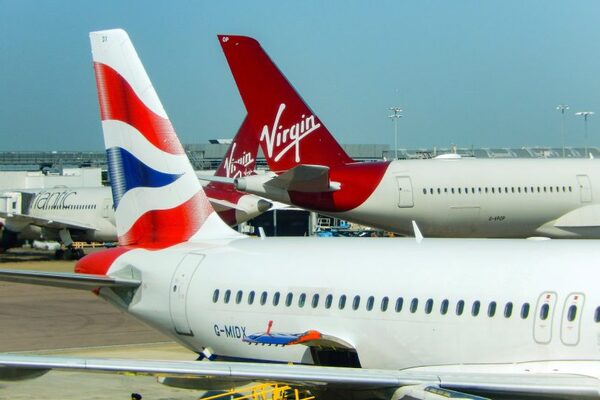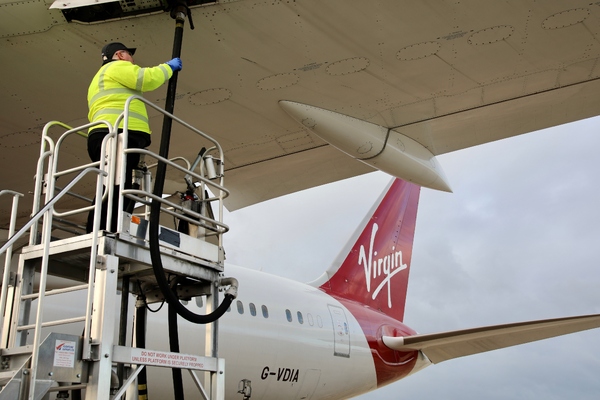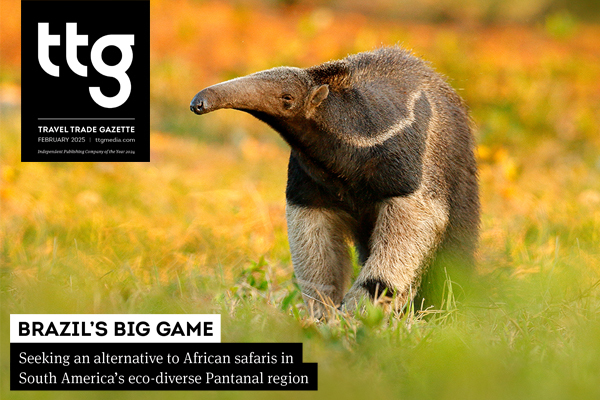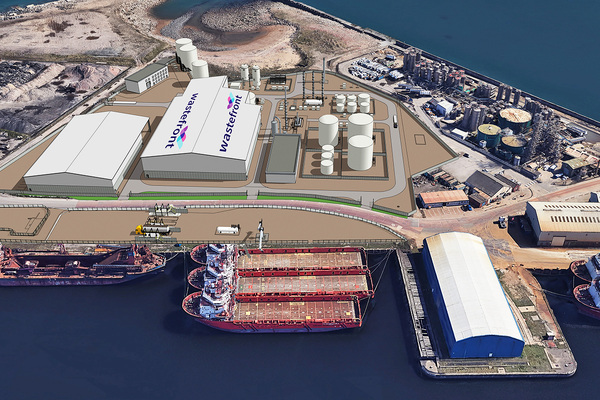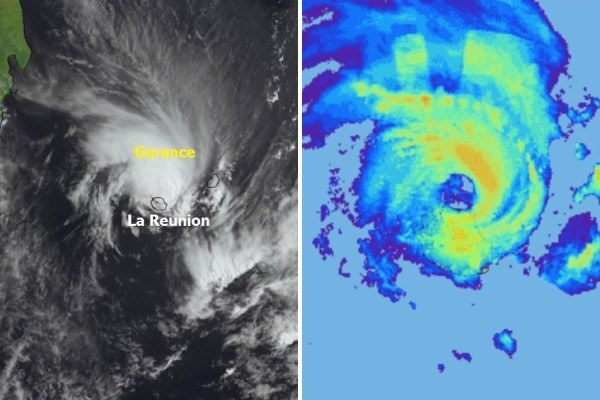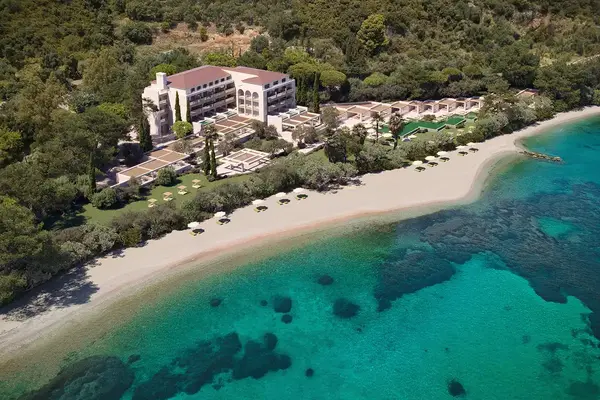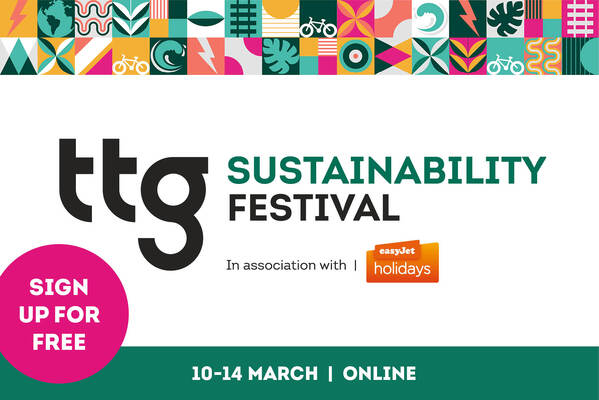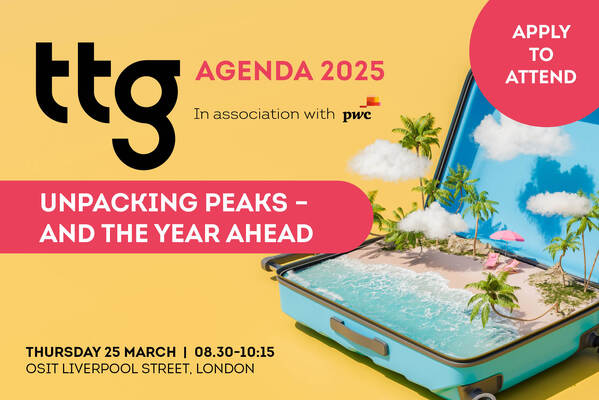Major airlines facing legal challenge over 'misleading' environmental claims
 James Chapple
James ChappleBritish Airways and Virgin Atlantic are facing a threat of legal action over what UK climate action charity Possible alleges are "misleading claims about their emission reductions".
Lawyers acting for Possible have filed formal complaints against both BA and Virgin, claiming their assertions about what their decarbonisation efforts can achieve are unrealistic.
Citing both BA and Virgin’s own roadmaps or mission statements on net-zero flying, Possible argues these fail to publicly acknowledge they are currently failing to achieve their goals, even where this owes to limitations that are currently beyond either carrier’s control.
Possible said its own analysis showed BA’s emissions had increased year-on-year between 2016 and 2019, despite the airline’s claim it was "driving urgent action towards net-zero emissions" and that it had a "clear roadmap to achieve net-zero carbon emissions by 2050".
Of Virgin, Possible said its Mission to Net-Zero plan – which features on its website and in its 2022 annual report – does not acknowledge the airline has previously fallen short of its emissions targets.
"Possible believes this is crucial information for consumers," said the charity, adding both airlines’ efforts "would not achieve the emissions reductions which are claimed".
In addition, Possible said it was unlikely members of the public would have the necessary expertise to understand the current limitations of decarbonisation technology and how it applies to flights today, and factor that into their decisions about how to travel.
The complaints, Possible also revealed, were lodged a week in advance of Virgin Atlantic flight VS100 on Tuesday (28 November) – the first long-haul flight to be powered solely by sustainable aviation fuel (SAF).
Alethea Warrington, Possible senior campaigner, said: "People around the world are feeling the dangerous impacts of the climate crisis. But instead of taking real action to cut their emissions by cutting back on flights, airlines are making misleading claims about being able to fly greener.
"The reality is that technologies for cleaner flight either don’t work, or don’t even exist yet. We think airlines’ misleading claims about their emissions are unfair on people who want to do the right thing when they travel. It’s time for airlines to start being honest about their sky-high emissions."
’No single solution’
TTG put Possible’s assertions to both BA and Virgin. A BA spokesperson said the airline was "committed to transparency, integrity and responsible business practices".
"We know flying comes at an environmental cost and acknowledge the need for urgent action to tackle the impact flying currently has on our planet," they said.
"In 2019, we committed to net-zero emissions by 2050 and while there is no single solution to this challenge, as part of our BA Better World programme, we have a clear roadmap of initiatives to get there."
BA said short-term efforts included improving operational efficiency, investing in newer, more fuel-efficient aircraft and progressively introducing SAF through partnerships in the UK and US.
"For the medium- to longer-term, we’re continuing to invest in the development of SAF – a critical path to decarbonise – and looking at how we can help with the growth of zero emissions hydrogen-powered aircraft and carbon removal technology. We were the first airline to report our carbon footprint more than two decades ago and were the first airline to voluntarily participate in the UK emissions trading scheme."
Flight100 ’an important step’
A Virgin Atlantic spokesperson said the airline had set interim targets for its pathway to net-zero by 2050, including a transition to utilising a 10% SAF fuel mix by 2030.
"There are two levers for delivering in-sector carbon reductions in the short- to medium-term: the fleet we operate and fuel we burn," they said. "We already fly one of the youngest and most efficient fleets across the Atlantic.
"Beyond fleet renewals, SAF presents an immediate opportunity to deliver lifecycle carbon reductions of up to 70% and is something we have been pioneering for over 15 years. The SAF we’ve sourced for Flight100 will use waste feedstocks – either waste fats or waste by-products of corn production that are ineligible for feed or food."
Virgin added that demonstrating 100% SAF could be used safely was an "important step" but not the end goal in its efforts "to scale and adopt greater volumes of SAF in the years ahead".
Sign up for weekday travel news and analysis straight to your inbox

James Chapple
Supplier Directory
Find contacts for 260+ travel suppliers. Type name, company or destination.
